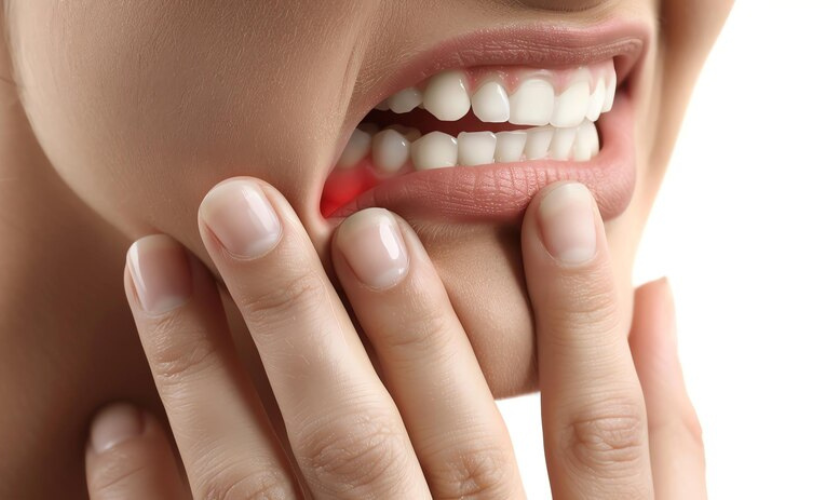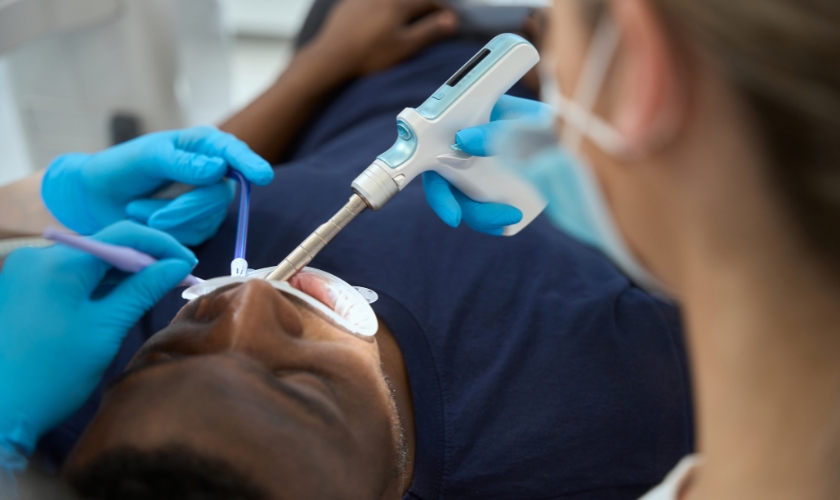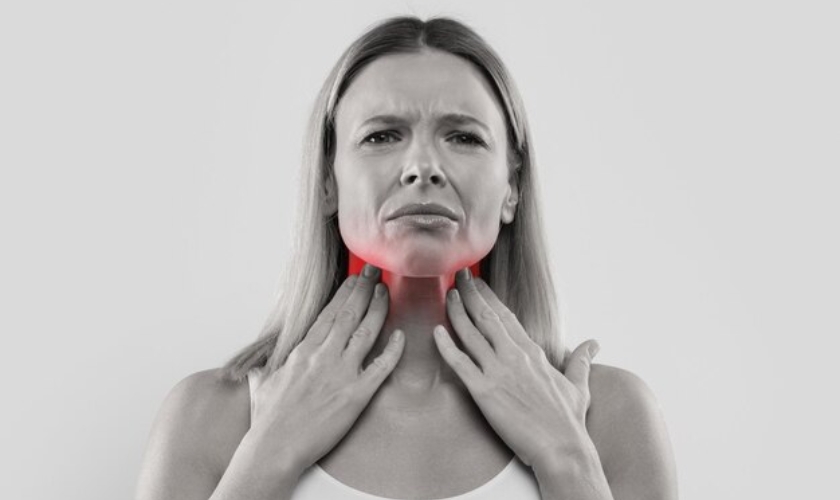
Bleeding gums can be a bit of a mood killer, right? Just as you’re flossing or brushing, blood appears out of nowhere—No, thank you! The problem is that bleeding gums are frequently your body’s way of alerting you to an issue rather than just being an unpleasant side effect of brushing too firmly. What’s the good news? It is completely possible to take control of this and prevent gum disease from developing.
In this blog, we’re going to break down why your gums might be bleeding, how you can stop it, and what you can do to prevent gum disease for the long haul. Plus, we’ll sprinkle in some fun and easy tips to keep that smile shining bright! Let’s dive in.
Why Are My Gums Bleeding?
So, why exactly do gums bleed? Well, the most common culprit is gingivitis, which is basically the early stage of gum disease. Other causes include poor oral hygiene, using the wrong brushing technique, or even hormonal changes. Here’s a quick rundown of what could be behind those bleeding gums:
- Bad Dental Hygiene: Not frequently cleaning or flossing your teeth? Your gums won’t be too happy when plaque builds up on your teeth.
- Using the Wrong Technique: If you’re going all in like a tooth-brushing warrior, you could be doing more harm than good. Aggressive brushing can cause bleeding.
- Hormonal Changes: Your gums may become more sensitive and prone to bleeding during pregnancy, puberty, or even menstruation.
- Medication Side Effects: Some medications thin the blood, which can increase bleeding.
How to Stop Bleeding Gums?
Okay, so you need to get your bleeding gums healed. Here’s what you can do:
1. Develop A Better Brushing Method
Begin with a toothbrush with gentle bristles. Your gums shouldn’t experience a sandpaper scrub! Instead of scraping from side to side, use gently circular motions when brushing. Try brushing for two minutes twice a day.
2. It’s all about the floss
One of the greatest strategies to maintain healthy gums is to floss regularly. While bleeding during the initial stages of flossing is common, if it continues, it may indicate gum disease. So persevere!
3. Use an Antibacterial Mouthwash
Incorporating a mouthwash that fights bacteria will reduce plaque buildup and help your gums heal faster. Be sure to use it after brushing and flossing to keep things fresh and clean.
4. Stay Hydrated
Food particles and bacteria get washed away if you drink enough water. Plus, it keeps your gums moist and healthy. So grab that water bottle and keep sipping!
Prevent Gum Disease Like a Pro
Stopping bleeding gums is one thing, but preventing gum disease from creeping up on you? That’s next-level self-care. Let’s break down some Gum Disease Prevention 101 tips:
1. Visit Your Dentist Regularly
No one likes to hear this, but regular dental check-ups are non-negotiable if you want to keep gum disease away. At your appointment, your dentist will clean your teeth, removing plaque and tartar buildup that you just can’t get rid of at home.
2. Eat Gums-Friendly Foods
Eating crunchy fruits and veggies can naturally clean your teeth while you chew. Things like apples, carrots, and celery are great choices. Also, throw in some leafy greens like spinach or kale—they’re full of nutrients that your gums love.
3. Quit Smoking
Yep, smoking is a major risk factor for gum disease. If you needed another reason to quit, this is it. In addition to harming your lungs, smoking lowers your immune system, which makes it more difficult to fight off gum infections.
4. Get a Custom Mouthguard
If you grind your teeth at night, you could be doing some serious damage to your gums and teeth. A custom mouthguard can help protect your gums from the pressure of teeth grinding, and guess what? Your dentist in Cincinnati can hook you up with one!
Gum Disease Treatment: Why It’s Important to Act Fast?
Let’s talk real for a second. If your gums are still bleeding and showing signs of inflammation, it’s time to get help. Gum disease treatment is a game-changer, especially if caught early. Treatments like deep cleaning, scaling, and root planing help in removing plaque from below the gum line. This not only stops gum disease in its tracks but also gives your gums a chance to heal and become stronger.
Can Bleeding Gums Lead to Gum Disease?
Ignoring bleeding gums is like ignoring your phone when it’s at 1%—eventually, things will shut down. Left untreated, bleeding gums can turn into full-blown gum disease, which can damage your teeth, gums, and even your bone structure.
Here’s why you don’t want to ignore it:
- Gingivitis: With the right treatment, this mildest type of gum disease can be reversed.
- Gingivitis can develop into periodontitis: A dangerous condition where the infection extends past the gum line and causes damage, if treatment is not received.
- Tooth Loss: Severe gum disease may cause teeth to fall out.
Keeping Your Gums Healthy for Life
Gum health isn’t a one-and-done kind of thing—it’s an everyday commitment. By taking care of your gums now, you’re not just saving yourself from the pain of gum disease but also setting yourself up for a lifetime of healthy, strong teeth.
So, here’s a quick recap:
- Keep brushing gently and flossing daily.
- Use mouthwash and stay hydrated.
- Eat gum-friendly foods and avoid smoking.
- And most importantly, don’t skip those dentist appointments!
By following these simple tips, you can stop bleeding gums in their tracks and prevent gum disease from messing with your smile.
FAQs About Bleeding Gums and Gum Disease
A: They shouldn’t be. Occasional bleeding can happen, but if it’s frequent, it’s a sign you need to pay attention to your oral health.
A: Regular brushing and flossing, eating healthy, avoiding smoking, and visiting your dentist for regular check-ups are key.
A: Gum disease treatment usually involves a deep cleaning procedure called scaling and root planing. Your dentist will remove plaque and tartar from your teeth and below the gum line to prevent the infection from spreading.
A: Yes! When you start flossing regularly, your gums will get healthier, and the bleeding should stop after a week or so.





